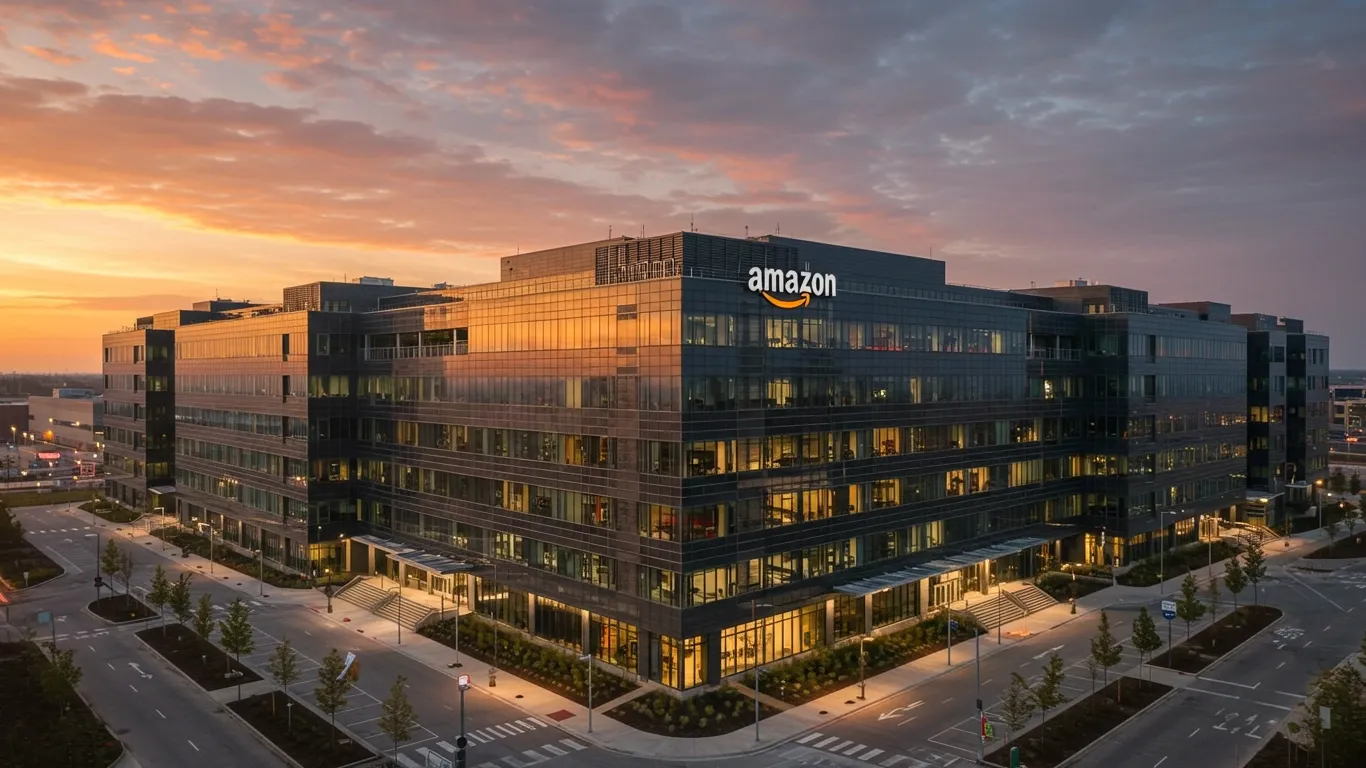Amazon.com Inc.: Global leader in e-commerce, cloud computing, and digital streaming services.



Extensive global network connecting businesses worldwide with reliable logistics solutions.
Amazon.com Inc. operates a vast global network with hundreds of fulfillment centers, sortation centers, Prime Now hubs, and delivery stations spanning North America, South America, Europe, Middle East, Africa, Asia Pacific, and Australia/New Zealand, enabling rapid delivery and efficient logistics across major international markets. Its scale of operations supports millions of daily shipments, with advanced technology and regionalized infrastructure allowing same-day or next-day delivery in over 140 U.S. metropolitan areas and select international cities, and ongoing expansion into thousands of smaller communities worldwide.
Amazon.com Inc. has formed strategic partnerships and alliances with companies such as Meta and Snapchat for integrated social commerce, Intuit for financial management solutions for sellers, SAP Ariba and IRIS for streamlined business and educational procurement, and collaborates with a broad ecosystem of technology, consulting, and fintech partners to enhance its business offerings and customer experience.
Strategic partnerships and alliances that enhance our global reach and service capabilities.
| Partner | Type |
|---|---|
| TikTok | Alliance |
| Meta (Instagram, Facebook) | Alliance |
| SAP Ariba | Technology Partner |
| IRIS | Strategic Collaboration |
| Melio | Strategic Collaboration |
Comprehensive range of logistics and transportation services tailored to meet diverse customer needs.
Recognition and achievements that demonstrate our commitment to excellence and innovation.
Strategic vision and future initiatives that will shape the next generation of logistics services.